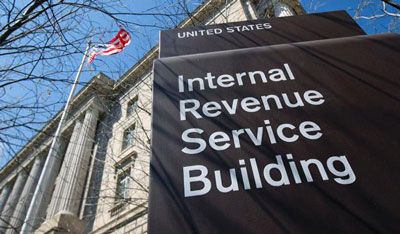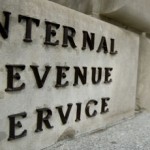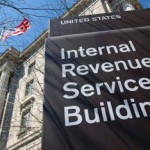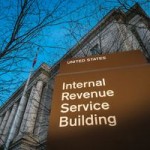IRS Responding To Return Fraud Concerns

The US Internal Revenue Service has made improvements to its systems to detect and prevent identity theft-related tax return fraud, but must do a lot more to eliminate the problem, the Treasury watchdog has said.
The Treasury Inspector General for Tax Administration (TIGTA) identified 787,343 undetected potentially fraudulent tax returns for the 2012 tax year, with tax refunds totaling more than USD2.1bn. These were said to have the same characteristics as IRS-confirmed identity theft tax returns.
TIGTA’s analysis also identified multiple tax returns with the same address and/or bank accounts that were not identified by the IRS’s filtering tool.
Furthermore, Individual Taxpayer Identification Numbers (ITINs) continued to be used to file potentially fraudulent tax returns. TIGTA identified more than 140,000 tax returns filed by individuals using an ITIN that had the same characteristics as IRS-confirmed identity theft tax returns, worth about USD375m in potentially fraudulent tax refunds during the 2012 tax year.
However, TIGTA found that the extent of the IRS’s ability to stem this problem is still limited because it does not have access to third-party income and withholding information until well after tax return filing begins. The IRS is proposing legislation to accelerate and expand its access to data that would further improve its detection efforts.
J Russell George, the TIGTA, noted that the IRS recognizes that new identity theft patterns are constantly evolving and, as such, it needs to continue to adapt its detection and prevention processes. “Undetected tax refund fraud results in significant Federal outlays and erodes taxpayer confidence in the Federal tax system,” he said.
TIGTA recommended that the IRS continue to evaluate clustering filters to ensure that they properly identify tax returns with multiple uses of addresses and/or bank accounts; expand identity theft filters to address filing patterns that may indicate that a tax return may be connected with identity theft; and outline specific actions and time frames for implementation of a process to deactivate ITINs assigned prior to January 1, 2013, including ITINs assigned to individuals who are now deceased.
The IRS agreed with TIGTA’s recommendations and plans to continue evaluating identity theft-related fraud trends and review fraud filter performance. The IRS also plans to develop an action plan to deactivate ITINs.
TIGTA’s report came just a few days after the IRS revealed that fraudsters used the stolen social security numbers, addresses, dates of birth, and other sensitive pieces of personal information of about 100,000 taxpayers to fraudulently claim about USD50m in tax refunds.
Senate Finance Committee Chairman Orrin Hatch held a hearing on the matter on June 2, 2015. According to Hatch, the hearing will be just the “first step of many” to establish how the IRS defenses were breached with such apparent ease by the fraudsters.
Source: TaxNews – IRS Responding To Return Fraud Concerns





























